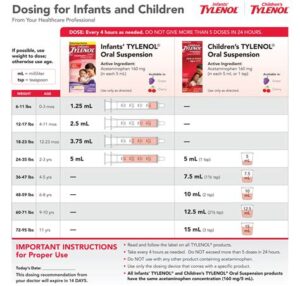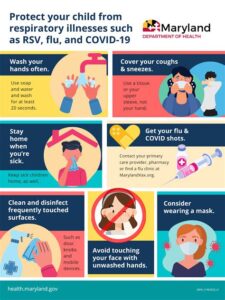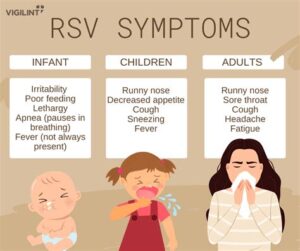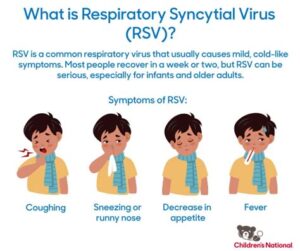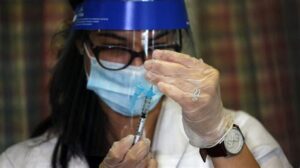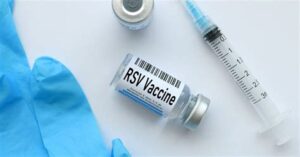Learn about RSV vaccine safety, recognize allergic reactions, monitor symptoms, seek timely medical help, and discover tips to prevent allergic responses.As the fight against respiratory syncytial virus (RSV) intensifies, the introduction of the RSV vaccine offers hope for many, especially among vulnerable populations. However, like all medical interventions, it’s crucial to be aware of potential allergic reactions that can arise from vaccination. Understanding the intricacies of the RSV vaccine, alongside recognizing and responding to allergic reactions, is vital for ensuring a safe experience. In this blog post, we will delve into what you need to know about the RSV vaccine, how to identify allergic reactions, common symptoms to watch for, the importance of seeking medical attention promptly, and strategies for preventing allergic reactions. Empower yourself with knowledge to navigate this important health decision.
Understanding the RSV vaccine
The RSV vaccine is an important medical development aimed at protecting vulnerable populations, especially infants and older adults, from respiratory syncytial virus (RSV). This virus can lead to severe respiratory illnesses, making vaccination a critical tool in public health.
Currently, there are several types of RSV vaccines in different stages of research and clinical trials. The goal is to provide effective immunity against RSV while minimizing potential side effects. It’s essential for individuals, especially parents of young children, to stay informed about the latest developments in RSV vaccinations.
Healthcare professionals emphasize the significance of understanding the potential benefits and risks associated with the RSV vaccine. By being informed, individuals can make educated decisions regarding vaccination for themselves or their children, ensuring better health outcomes and reducing the incidence of RSV-related illnesses.
Identifying allergic reactions
When considering the RSV vaccine, it is essential to be aware of potential allergic reactions. While most individuals tolerate vaccines well, some may experience adverse effects. Understanding how to identify these reactions can ensure timely medical intervention, should it be necessary.
- Skin reactions such as hives or rash
- Swelling of the face or throat
- Difficulty breathing or wheezing
- Rapid heartbeat or palpitations
- Nausea or vomiting
If you notice any of these symptoms immediately after receiving the RSV vaccine, it is crucial to seek medical attention promptly. Early identification of these reactions can significantly mitigate risks and ensure proper treatment is administered.
Common symptoms to watch for
When considering the RSV vaccine and its potential allergic reactions, it is essential to be aware of the common symptoms that may arise. Recognizing these symptoms early can help ensure prompt treatment and reduce the risk of severe reactions.
- Skin rash or hives
- Itching or swelling, particularly around the face and throat
- Shortness of breath or difficulty breathing
- Rapid heartbeat
- Nausea or vomiting
It is important to monitor for these symptoms after receiving the vaccine. If any of these symptoms manifest, particularly those related to breathing or swelling, individuals should seek medical attention immediately. Early intervention can be crucial in managing any adverse reactions effectively.
Seeking medical attention promptly
When it comes to health, particularly in the context of the RSV vaccine, knowing when to seek medical attention is crucial. Prompt action can be the difference between a mild issue and a serious health concern. If you experience any adverse effects after receiving the RSV vaccine, do not hesitate to reach out to a healthcare professional.
Some common symptoms that may warrant immediate medical attention include severe allergic reactions such as swelling of the face or throat, hives, difficulty breathing, or a rapid heartbeat. Awareness of these symptoms is important, as they indicate a potential allergic reaction that could escalate quickly.
It is recommended to keep a list of symptoms and their onset times, especially if they appear shortly after vaccination. This information can help healthcare providers determine the best course of action. Remember, when it comes to your health, it’s always better to err on the side of caution, so never hesitate to reach out if you feel something is wrong.
Preventing allergic reactions
When it comes to vaccination, particularly with new vaccines such as the RSV vaccine, it is crucial to take steps to minimize the risk of allergic reactions. Understanding how to effectively prevent such reactions can help ensure a safe experience for patients.
- Pre-screening: Always provide your healthcare provider with a complete history of any past allergies or adverse reactions to medications or vaccines.
- Consultation: Discuss with your healthcare provider about the ingredients in the RSV vaccine and your previous reactions to other vaccines.
- Observation Period: After receiving the vaccine, stay at the healthcare facility for at least 15 to 30 minutes for monitoring, especially if you have a history of allergic responses.
By following these precautions, you can significantly reduce the risk of experiencing a serious allergic reaction to the RSV vaccine. It’s always best to err on the side of caution and be well-informed about potential risks and safety measures.
Frequently Asked Questions
What is the RSV vaccine?
The RSV vaccine is a preventative measure designed to protect against respiratory syncytial virus (RSV), which can cause severe respiratory illness, especially in infants and older adults.
What are the common allergic reactions to vaccines?
Common allergic reactions to vaccines can include hives, swelling, difficulty breathing, and anaphylaxis in rare cases. Monitoring after vaccination is essential to address any adverse effects.
How can individuals identify an allergic reaction to the RSV vaccine?
Symptoms of an allergic reaction may include rash, itching, swelling, or respiratory issues. If any of these occur after vaccination, it’s important to seek immediate medical attention.
What steps should be taken if someone experiences an allergic reaction to the RSV vaccine?
If an allergic reaction occurs, the affected individual should receive prompt medical care. Emergency services should be contacted, especially if there are signs of anaphylaxis, such as difficulty breathing.
Are there any specific contraindications for receiving the RSV vaccine?
Individuals with a known allergy to a component of the vaccine or who have experienced severe allergic reactions to previous vaccinations should consult with their healthcare provider before receiving the RSV vaccine.
What is the importance of monitoring after vaccination?
Monitoring individuals for a short period after vaccination helps ensure any immediate allergic reactions or side effects can be addressed quickly and effectively.
How can healthcare providers help mitigate allergic reactions to vaccines?
Healthcare providers can help by conducting thorough patient histories, providing pre-vaccination counseling, and being equipped to manage allergic reactions should they occur.
